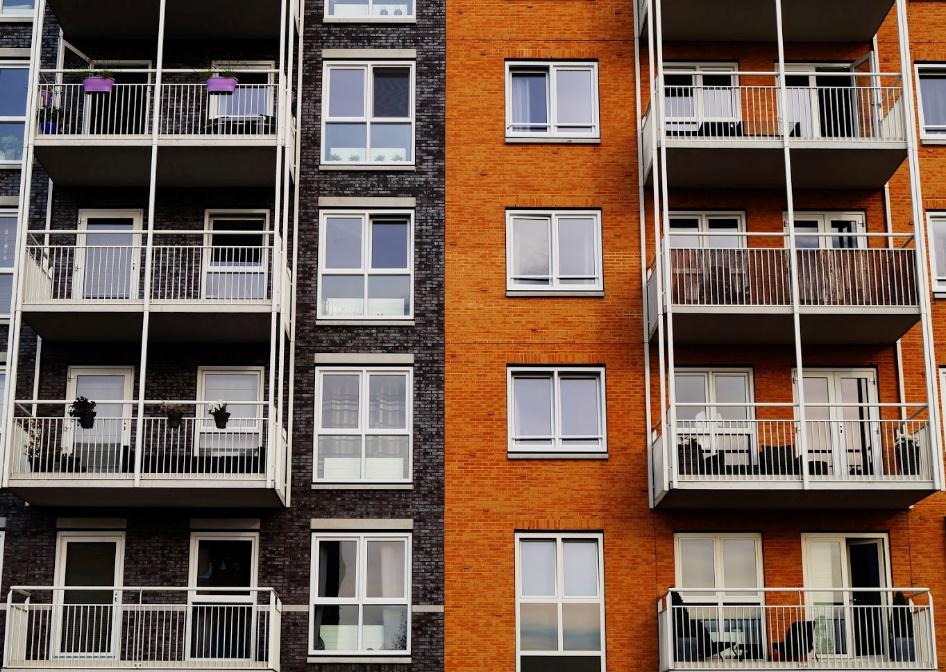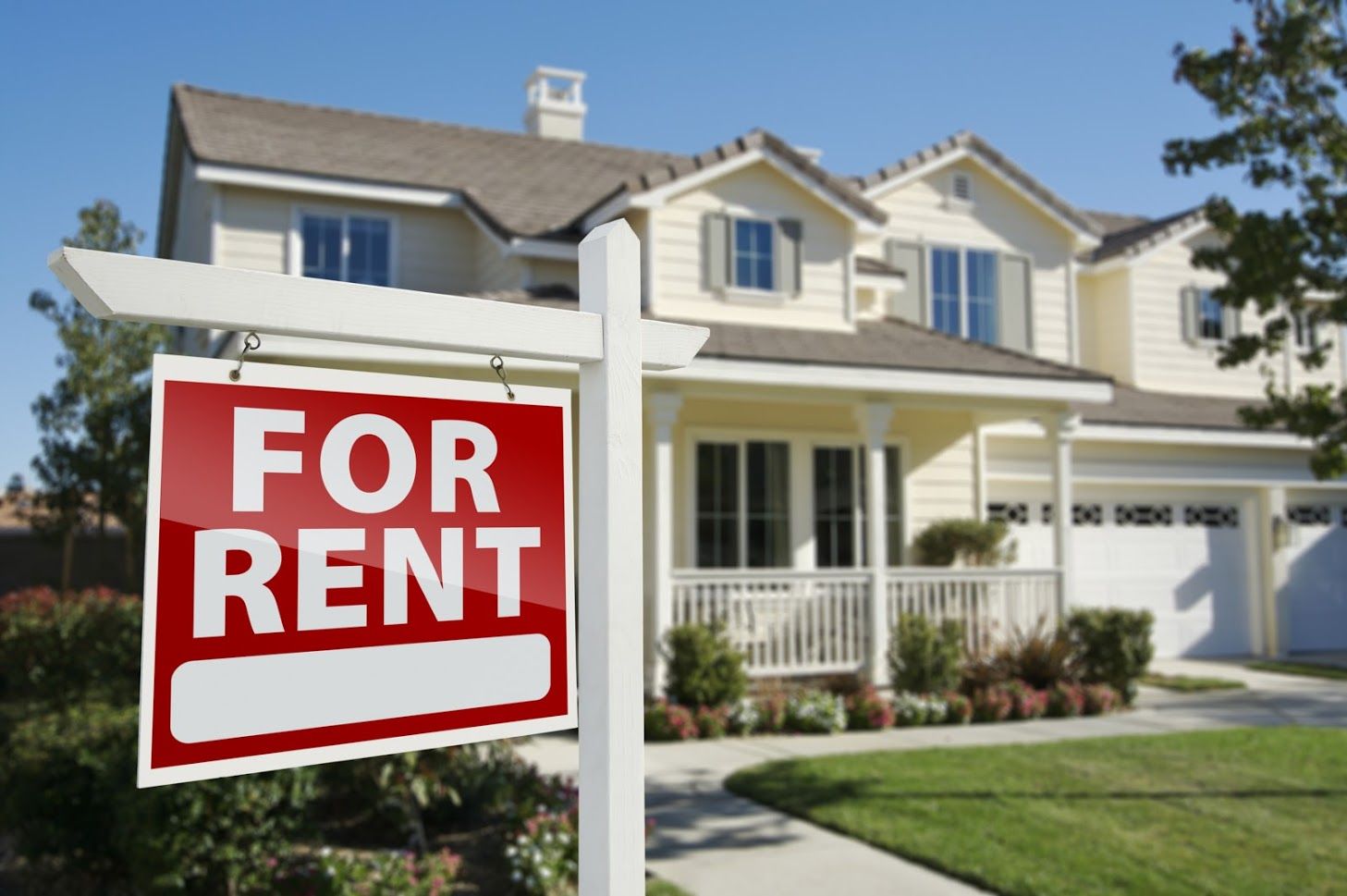How Does Income-Based Housing Work and How Can You Qualify?

Do you want a more affordable living arrangement? With housing costs rising all the time, more and more Americans of all ages and backgrounds are looking for a good quality, less expensive option.
The good news is that the federal government can help you reach this goal. Through subsidized housing programs, they encourage affordable housing options in the market. Here is what you need to know about how to qualify for and use this housing solution.
What Is Affordable Housing?
The income-based housing programs designed by the federal government operate in one of two ways. The first is a tax credit for developers to build housing that will provide affordable rental units. Builders create housing that qualifies and then receive a tax credit to repay some of their costs. The goal of this program is to increase the number of homes available in high-demand areas.
The affordable housing programs that most renters then encounter come into play after these or other homes have been built. The government aims to keep such rental homes affordable. To do that, they offer federal subsidies that pay a portion of the rent for qualified consumers. Generally, most income-based housing calls for the renter to pay 30% of their income toward rent — then the government will pick up the remaining tab.
How Do You Qualify for Affordable Housing?
Does affordable housing sound like a good match for you? Then learn the rules and requirements for qualification. First, you must generally be able to prove that you are a U.S. Citizen or a legal resident. Some people need extra time to gather this paperwork together, so start early.
Secondly, your income — based on family size — must be below a certain threshold each year. The Department of Housing and Urban Development (HUD) releases this information annually, and thresholds are based on the area in which you want to live, among other factors. Income is generally verified by your tax returns, income statements, or paycheck stubs, so have these ready.
In addition to income and residence requirements, you generally must be able to pass a background check. While not all convictions would disqualify you from subsidized housing, certain serious offenses like violence and drug charges could be a problem. Finally, you may also be asked about your past rent history to see if you're a good tenant.
How Can You Improve Your Chances?
Because affordable housing is in such demand today, you may find yourself on a wait list for an apartment. If this is common in your area, apply to be placed on several wait lists just in case it takes some time for one to open up again.
If you are a senior citizen (over the age of 62) or have a disability, you have extra opportunities to qualify for rentals that focus their benefits on these groups. Take advantage of these options (often called Section 202 housing) first, since you'll have a smaller pool of candidates to compete with.
Another way to increase your likelihood of finding a good home is to be honest and upfront during the application process. If you have some black mark on your history — such as an honest dispute with a past landlord or trouble with stable employment — be open about it. Landlords know that people's circumstances can sometimes be complicated. They are more likely to work with you if you're honest with them.
Where Should You Start?
Ready to learn more about how to find and qualify for top-quality and affordable housing? Meet with an experienced landlord who works with income-based homes. At Robert Cottingham Property Management Company , we can help you find a great new home among our outstanding Illinois properties. Call today to make an appointment.
BROWSE OUR WEBSITE
CONTACT INFORMATION
Tel:
309-673-2252
215 W Sam J Stone Ave, Peoria, IL 61605
E-mail:
lwarren@rcpmco.com
Hours of Operation:
Mon - Fri 8:30 am - 5:00 pm
Sat & Sun Closed


CONTACT INFORMATION
215 W Sam J Stone Ave, Peoria, IL 61605
E-mail: lwarren@rcpmco.com
Hours of Operation:
Mon - Fri 8:30 am - 5:00 pm
Sat & Sun Closed















